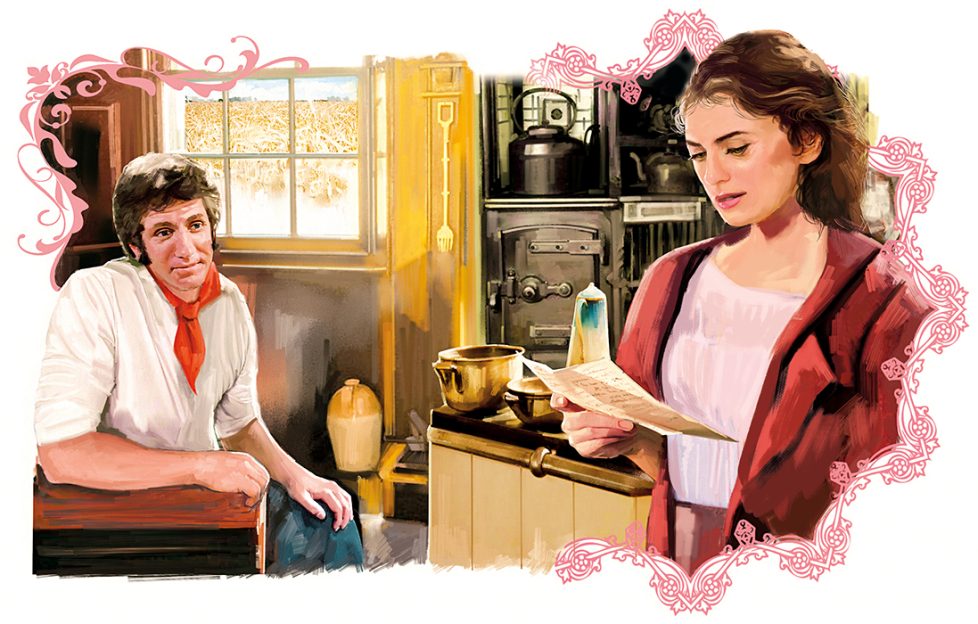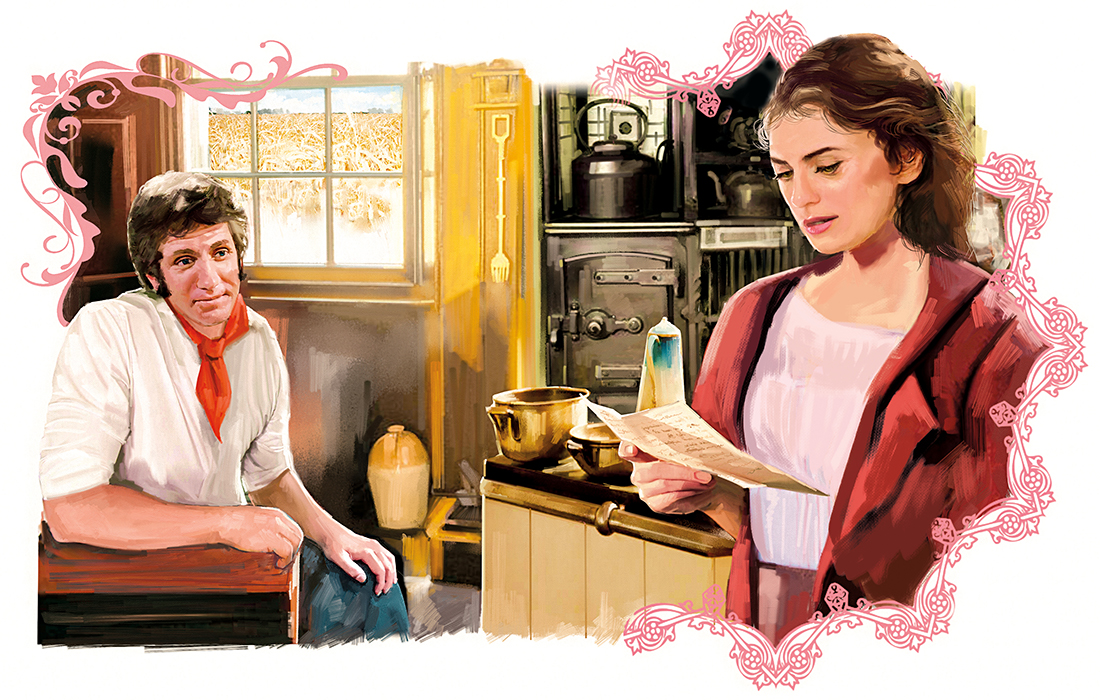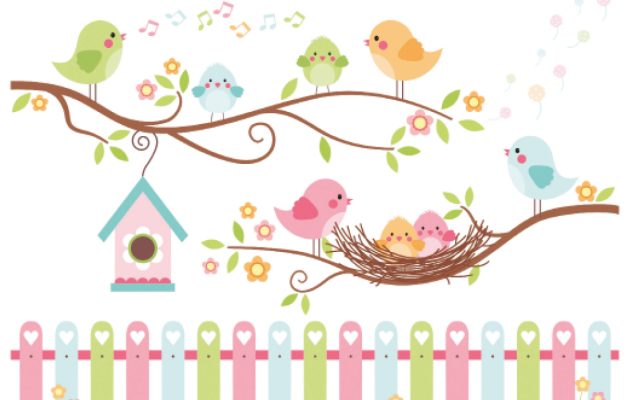Hold Fast To Your Dreams – Episode 13

Hold Fast To Your Dreams
« Previous Post- 1. Hold Fast To Your Dreams – Episode 01
- 1. Hold Fast To Your Dreams – Episode 13
Emily clung to Will’s arm as they clambered across the cobbled street, still heavily pitted and treacherous from the earthquake.
The whole of San Francisco echoed with the banging of hammers and clatter of lumber, rushing motor cars and rumbling carriages.
Blackened shells of shops and scorched houses, their floors sagging and shutters swinging loose, stood beside freshly painted fronts and glittering new windows.
Fragments of buildings and indistinguishable masses of masonry were strewn here and there, but the late summer sun cast golden beams into the ruins, and Emily could see that, out of the chaos and rubble, order was growing.
“I want to show you where I’ve been working!” Will shouted above the din. He had become as caught up in the spirit of rebuilding the city as any San Franciscan.
Emily laughed, covering her ears. She was glad he’d asked her to spend the afternoon with him.
The last time she’d seen him had been fraught with tension, as they’d stood together in the tent camp, talking about the past.
He’d hinted at their future together and had all but asked her to marry him, telling her everything she’d yearned to hear for a long time.
Yet she’d prevented him from saying the words. Her resolve was strong to follow her dreams and succeed as an independent woman.
He guided her along now, his strong, roughened hand in hers, and happiness rose in her heart.
It could have been years ago, when she was a little girl and Will had been kind to her, giving her piggy-back rides and letting her join in with the games he and her older brother, Davey, played.
After the death of the Callow children’s mother Emily had taken on many responsibilities, and had had to grow up far too quickly.
“It’s up here.” His face glowed as he quickened their pace.
For all the noise and confusion, it was good to be in more open spaces after the congestion of the tent camp, with its stench of latrines.
Every day another crop of earthquake cottages sprang up in the camp, creating a strange little hierarchical community: the primitive canvas tents lined up beside rows of tiny cedar-roofed dwellings, painted green with the hope of blending in with the parkland.
“There it is. We’re nearly finished.”
He pointed towards a low building with a sign over the door.
Pacific Elementary School.
“Will, how wonderful! Imagine spending your school days in such a place. Remember the one we went to?”
“I’d rather forget school altogether,” he said ruefully. “But building one was a different matter.”
“You’ve done a grand job.”
She looked at him, thinking how much older and more confident he seemed.
“Well, I haven’t built it on my own,” he said. “It’s a good bunch of chaps I’m working with, and I’ve learned so much.
“I really think it’s been the best time of my life, Em.”
“Have you always enjoyed carpentry, Will? I don’t remember that.”
“I never had the chance to do much. When I was given the job at Farrington House I hadn’t any choice but to go. Then it was all ‘yes, my lord, no, my lord’, and trying to help poor Witney use common sense without his realising it!”
Emily chuckled wistfully.
“I wonder how they are.”
Part of her relished the memory of that time, when she was needed and depended on.
She’d been admired for her skills as a designer and seamstress not only at Farrington House, but also by the family’s friends and the folk they’d met in New York.
Had that been the best time of her life?
“How did the men you work with react when you told them you were valet to the Earl of Witney?”
“I haven’t told them. I wanted to be part of the group – to get on with them all, and belong.”
“Maybe I should have kept quiet. Two of the women in the sewing centre keep making me out to be high and mighty. But I’m not.
“I only explained my past experience so that the people in charge would know I could be useful to them. It backfired.”
“They’re not all against you, Em. I saw one friendly face this morning – Miriam? And that young girl seems devoted to you.”
“Becky has had such a hard time that I feel guilty complaining about anything when I think of all that she’s been through. But being disliked by Nancy and Jean makes it hard for me to keep going.
“I want to make a success of the sewing centre. The work we do is important. I want to win all the women’s respect, and feel we’re a team.”














